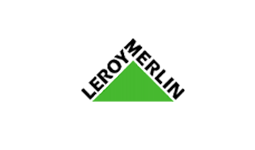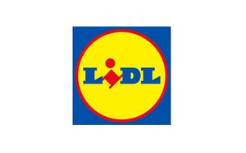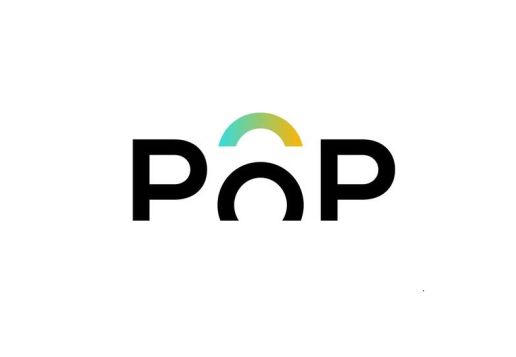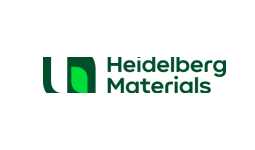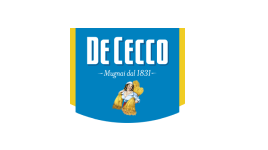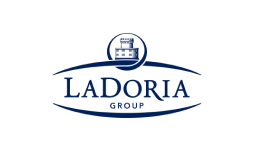Mandatory Electronic Invoicing in Japan
Compare Japan's qualified invoice system with global standards to ensure seamless cross-border document exchange.
Compare Japan's qualified invoice system with global standards to ensure seamless cross-border document exchange.

Electronic invoicing is not mandatory in Japan. However, since 2019, when Japan implemented a new consumption tax system that allows companies to add tax to invoices, it has been possible to better control taxes in the country. Until October 2019, there was only one rate of consumption tax in Japan. Since the introduction, in addition to the basic rate of 10%, of the reduced rate of 8%, the need to provide a system that guarantees the calculation of the tax due has been felt more and more strongly, which is also due to the introduction of e-invoicing. This was the first step in the reforms.
The Association for the Promotion of Electronic Invoices (EIPA), which was established in July 2020, is responsible for setting standards in Japan. Its activities focus on implementing the possibility of e-invoicing using PEPPOL throughout Japan.
On October 1, 2023, the Qualified Invoicing Method System ("QIMS") entered into force, operating on the European VAT system model. Under this system, it is necessary to issue invoices (both in paper and electronic form) containing specific information (issuer's tax identification number, recipient's name, date of issue, item, amount, JCT value) and then store them. Taxpayers must register with the Japanese National Tax Authority (NTA) to issue such a qualified invoice to obtain an individual tax ID.

The e-invoicing system in Japan is based on the PEPPOL standard, which is an interoperable standard. Rules for the Japanese standard have been discussed since 2021, when EIPA and the Japanese government have been working with OpenPEPPOL. In Japan, PINT is used. This is the international version of PEPPOL, based on BIS Billing 3.0. This means that PEPPOL access point companies play a key role in the new system. Of course, in addition to them, two significant players participate in this configuration. These are companies and government agencies.
With the entry into force of the Qualified Invoice Method System, only registered economic operators are able to issue a qualified invoice, and only the possession of such an invoice entitles the holder to deduct the CT charged on purchases. So, based on the rules applicable under the new system, the JCT taxpayer is required to store a qualified invoice issued by a registered invoice issuer to be able to apply for an input credit.

B2G and B2B electronic invoicing are not mandatory in Japan. However, taxpayers may use solutions based on PEPPOL and issue electronic invoices.
The Japanese government introduced the Qualified Invoicing Method System ("QIMS") on October 1, 2023, to streamline the rules for issuing invoices and the information that must be included. The PEPPOL–PINT format meets the requirements of QIMS. Therefore, EIPA encourages the exchange of invoices in this form.

The required storage period is 10 years.

Issuing and receving e-invocies is allowed thanks to the PEPPOL network. JP PINT is a standard specification for digital invoices exchanged over the PEPPOL network in Japan.

We have 20+ years of experience in carrying out various EDI, e-invoicing, and other document exchange projects around the world. In those years, we have successfully connected more than 130,000 entities from over 60 countries.
Full compliance with the latest data exchange regulations and modern data transfer standards
Applying new technologies and IT solutions in order to streamline workflows and automate activities and procedures
Tailor-made solutions based on processes specific to each company – own road map and a suitable pace of changes
Highest level of security for all sensitive and important company data
If your company is based or has branches in the Japan and you need to prepare your billing and tax systems to comply with the new requirements. Click on the button below to get in touch with one of our experts.
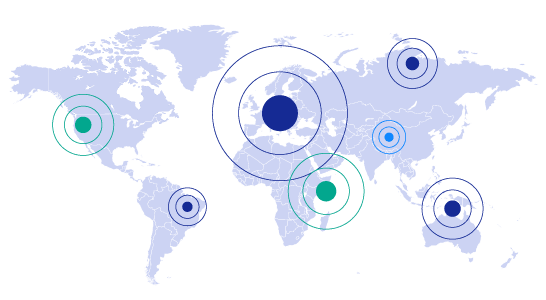
Make sure your business meets international standards with the Comarch e-Invoicing platform, trusted in more than 60 countries. Enjoy hassle-free integration and continuous compliance updates.

